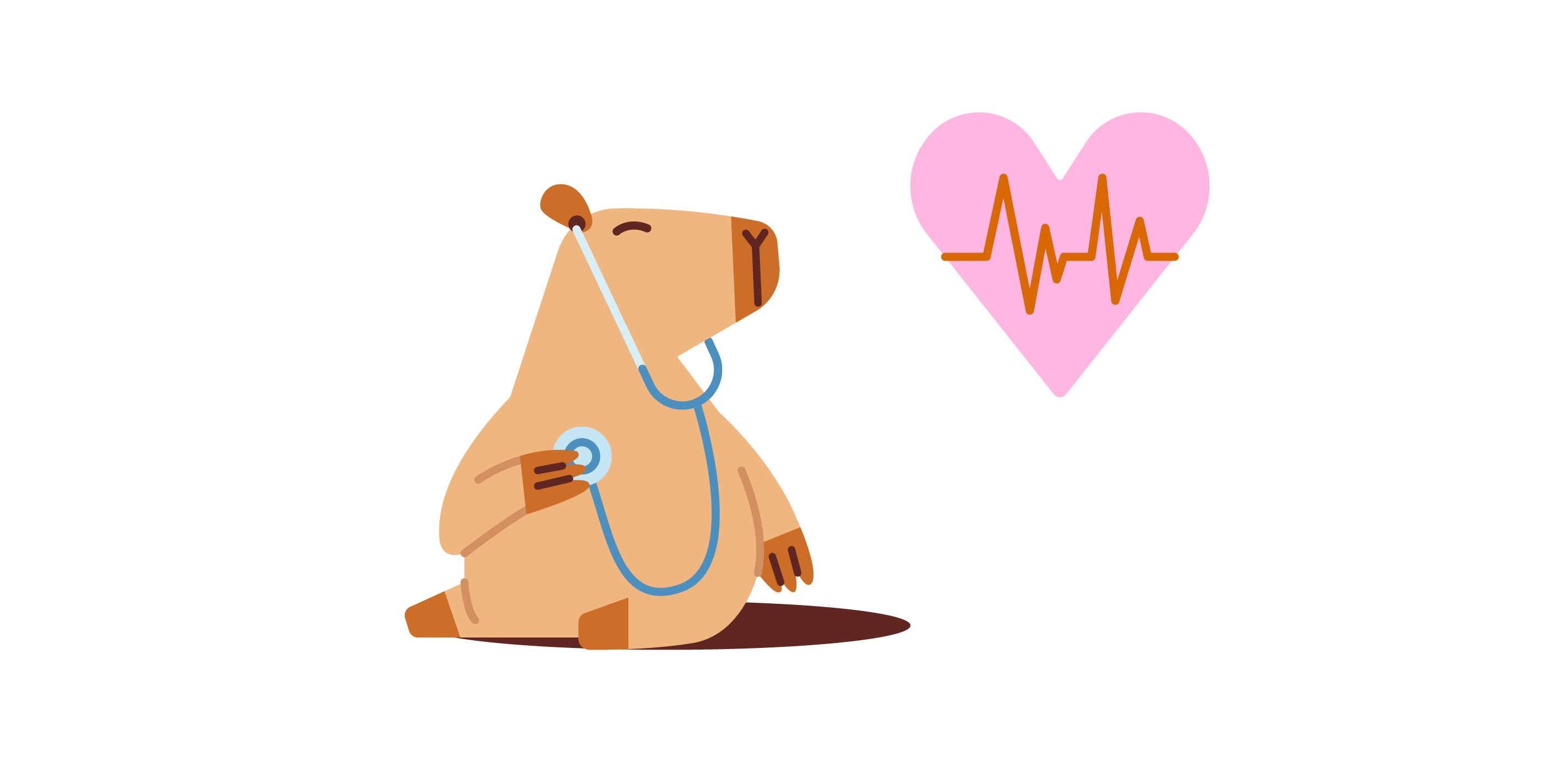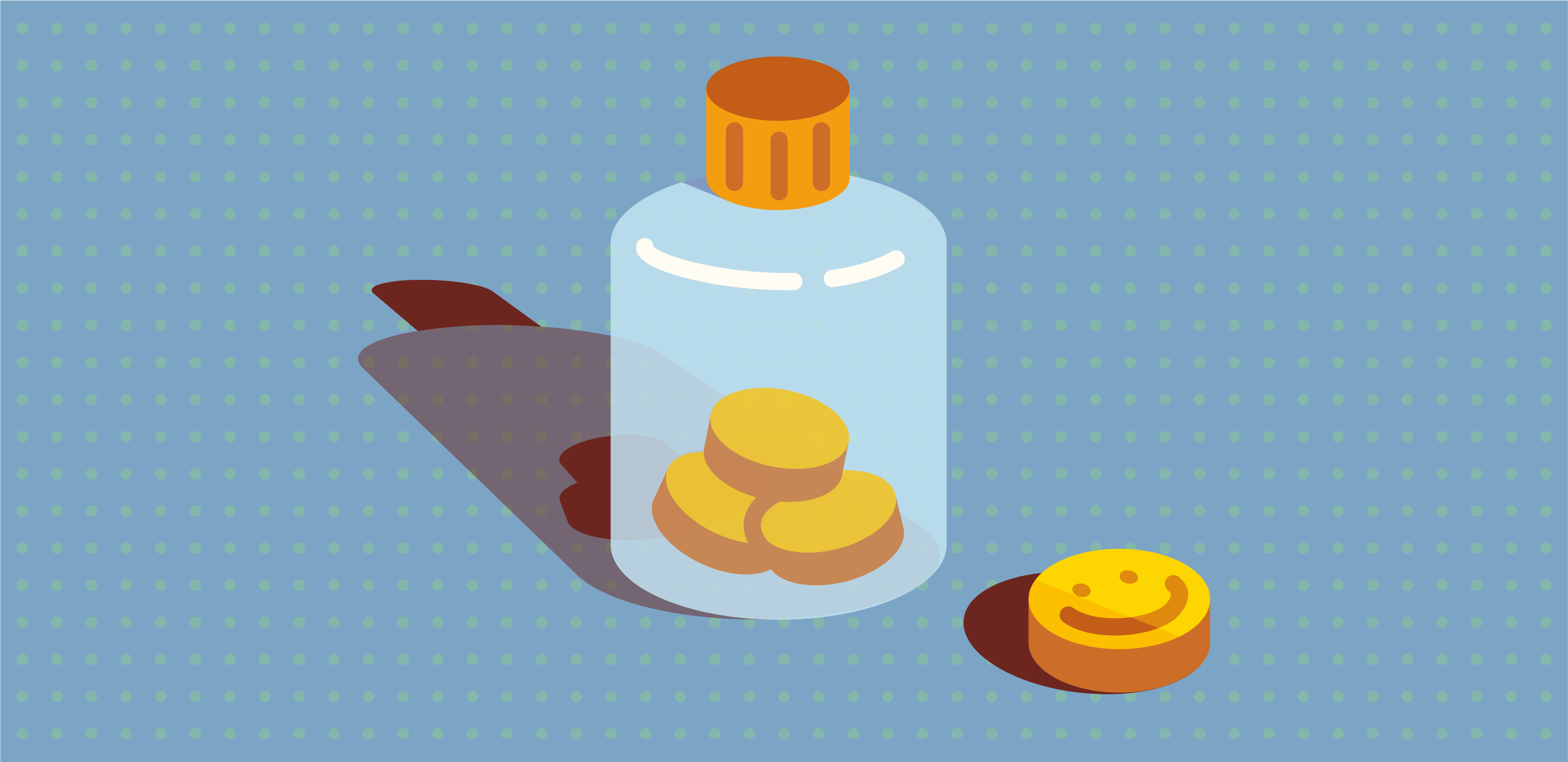
Journaling is one of the many mental health trends circulating the world right now, yet it is less likely to be short-lived, compared to some other popular tendencies. In fact, journaling as a concept has been around for a while, with some of humanity’s written records dating back to ancient times.
Centuries later we are still inclined to notoriously record our thoughts and memories, observations and discoveries. Surely there must be some sort of benefit associated with it that we intentionally or subconsciously seek? Studies show that is not just mind clarity that is at stake, but also significant mental and physical health improvements.
Here is everything science tells us about journaling, and why it is a good idea for everyone to pick up a habit of expressive writing.
It might be hard to believe, but a simple act of writing down your thoughts can change your body’s chemistry (literally). Studies show that journaling helps to regulate blood pressure, improves lung and liver function and positively impacts our immune system (Baikie & Wilhelm, 2005). The latter includes T-helper cell growth and anti-body responses to viruses.

In fact, the effect journaling has on our bodies is so significant, that it can even ease symptoms of mental disorders and help to overcome past trauma. When it comes to our mental health, expressive writing is beneficial for patients with anxiety and depression, as well as PTSD (Sohal et.al., 2022).
The honest answer is - we don’t know, and the scientists aren’t sure either, but here is a good guess: some studies assume that self-reflection eases physiological stress through releasing inhibited emotions (Baikie & Wilhelm, 2005). It might also be the cognitive processing that does the trick - when recalling and reorganizing traumatic experiences one might find better internal coping methods. Through techniques like reframing negative thoughts and deep self-reflection we can build up self-trust and maintain positive outlook on our life, which in turn helps us to be less prone to depression and anxiety.
Whether it is the side effects of reliving negative memories or stress relief, one thing remains clear - there is plenty of scientific evidence showing that journaling can do wonders for mental and physical health. For now treat it as an “if it works, it works” kind of phenomenon!
Especially when writing about negative experiences and recalling traumatic memories, journaling can be far from pleasant. However, even then it leads to positive effects on mood and happiness levels in a long run! Studies show that despite short-term increase in negative emotions when journaling, participants report better physical and emotional health over time (Baikie & Wilhelm, 2005). Moreover, trying to find positives in the process of acknowledging and accepting negative emotions might be the ultimate way towards happiness (North et.al., 2011). When processing our experiences through writing we can have a better look at the brighter side of things.
Focusing on the good doesn’t only benefit us when feeling down - generally speaking, journaling about future-oriented topics such as goals and ideal version of self has been shown to improve mental well-being and encourage positivity (MacIsaac et.al., 2023).

It is no wonder that our lives tend to improve when we feel better in our own bodies and have clarity in our minds. The effect journaling has on our mental and physical health inevitably leads to us making better decisions, noticing and taking the opportunities, staying more concentrated and focusing on the present.
Studies show that those who journal regularly tend to do better in their studies, work and sport, as well as present better working memory (Baikie & Wilhelm, 2005). The best thing about it - even as little as 2 minutes of journaling daily can be already beneficial to our well-being! (Burton & King, 2008).

Building a new habit can be really intimidating, but starting small is good enough! You might find it easier to make time for journaling by combining it with an existing habit, such as reading or planing out your day. In the beginning, your entries don't need to be long - it's about getting accustomed with pouring your thoughts onto paper, whatever they might be.
If you are struggling to find a topic, start by reflecting on the events of recent days, or what's waiting for you in the future. A gratitude journal is another great way of getting into journaling - a few words here and there in the moments when you are feeling lucky and grateful will eventually form an intentional habit.
To bring system to your journaling in the long term you might want to come up with a set of specific questions and topics that you ponder on regularly. Additionally, dedicated journaling apps like CappyMind can provide you with necessary inspiration and guidance tailored to your needs.
Whatever works best for you, don't wait for the right moment to come - any day is a good day to start journaling and embark on a journey of self-reflection - towards a happier, healthier and more fulfilled life.